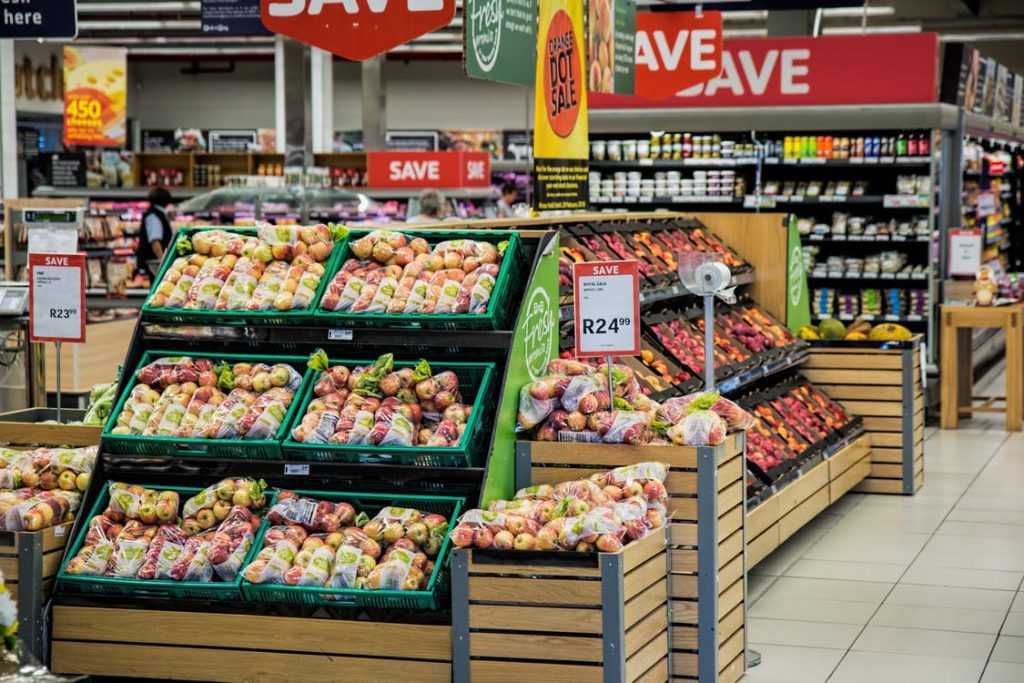International market & trade

What is the international market?
The international market is that space in which commercial operations are carried out, such as the sale and/or purchase of goods or the exchange of services for money, worldwide. So this type of market has a range of operation without geographical limitations.
Therefore, the international market is that environment in which certain needs are satisfied through an exchange of goods or services, usually for money, in more than one country.
In this market, economic agents actively participate in various activities. The most relevant factors that must be studied in a market are the good or service to be offered or acquired, supply and demand, stability, distribution channels, prices, population, and country or territory.
Internal factors belonging to the market will be affected by the actions of economic agents, since they can modify supply or demand based on their needs or by setting prices.
International markets are governed by international trade laws issued by the World Trade Organization (WTO), an entity that is in charge of regulating and controlling commercial activities that occur between countries.
Characteristics of the international market
The main characteristics of the international market are mentioned below:
Economic agents actively participate in this market.
It operates worldwide, therefore two or more countries participate in it.
It is regulated by the World Trade Organization (WTO).
It contributes significantly to the economy of the countries involved.
Promotes cultural and social exchange between countries.
Bonds, shares, goods or services can be exchanged in this market.
It operates with different own currencies, according to each country involved.
The activities carried out in this market increase the country’s exports or imports.
Examples of international markets
Here are some examples from international markets:
A Dutch company that manufactures shoes purchases two tons of inputs from a distributor located in China, which is responsible for supplying inputs to various companies worldwide.
A computer assembly organization receives a large order from a private company located in Russia.
An organization in charge of manufacturing textile products decides to export 22,000 high-quality pieces to Peru, in order to expand in the international market.
A Spanish company dedicated to refining oils decides to import a large order of olives from Italy, in order to improve their quality.
An Italian glasses merchant who exported 200 units to Ecuador.
A company in charge of agricultural work signed a contract with two German restaurants in order to distribute their products periodically.
